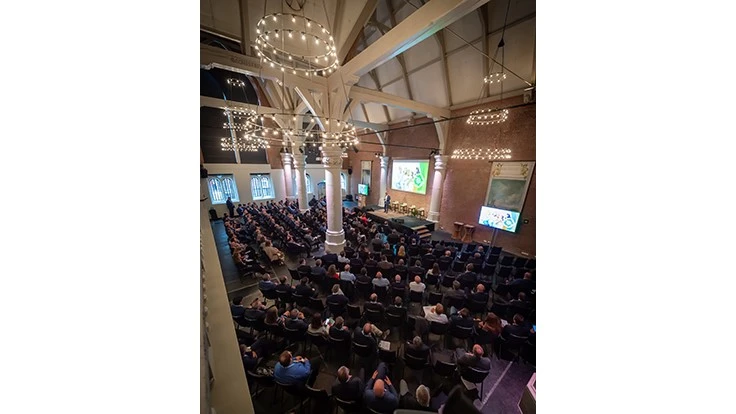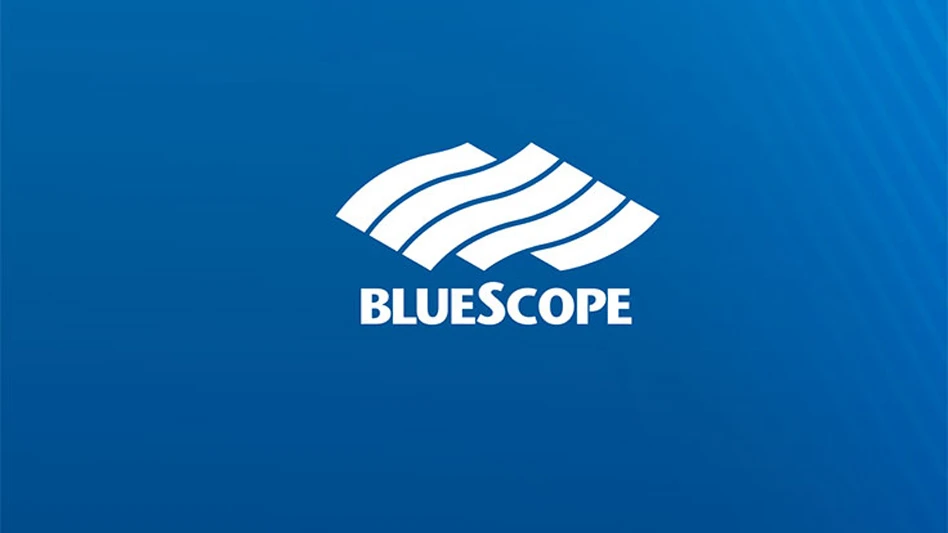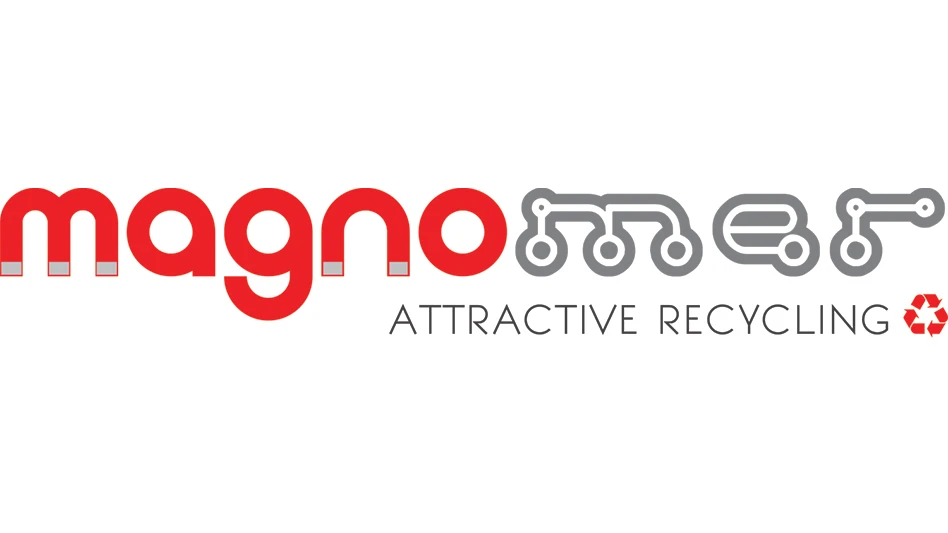
Photo courtesy of FEFCO.
The Brussels-based FEFCO European Federation of Corrugated Board Manufacturers (FEFCO) says it hosted a program “built around sustainability and carbon neutrality” at its annual summit in Amsterdam in mid-May.
FEFCO says the association welcomed 250 participants, celebrated its 70-year anniversary and discussed the sustainability aspects of paperboard “from the policy makers, industry, NGO and retailers’ perspective.” FEFCO chose ‘‘Fit for the Future” as its 2022 theme.
At the event, Alex Manisty, chair of the FEFCO climate neutrality steering committee shared the first results of the association’s carbon neutrality roadmap, saying in part, “We believe that the corrugated industry can reduce its footprint by 30 percent by 2030 and can reach net zero by 2050 if the whole supply chain works together.”
Fady Gemayel, president of FEFCO, opened the summit and introduced the Fit for the Future theme by pointing to issues including the European Green Deal and climate neutrality and pointing to the virtues of corrugated paperboard packaging.
Among the presenters, Magdi Batato of Nestlé commented on the importance of innovation and collaboration within the value chain and said Nestlé’s Net Zero pledge will require the packaging industry to innovate for creative sustainable solutions.
Saverio Mayer, CEO in Europe for corrugated board producer Smurfit Kappa, echoed that sentiment and invited the industry to cooperate with the supply chain, says FEFCO. Michael Lafave of Canada-based Kruger Packaging said sustainability is now and will remain at the core of all businesses.
Maija Pohjakallio of Finland-based Metsä Group shared that company’s vision for what she called circular and collaborative fiber-based innovations.
Outi Marin, chair of the FEFCO Sustainability & Circularity Workgroup, revealed the first findings of three scientific studies commissioned by FEFCO on recycled versus reusable packaging. Those studies, said Marin, show that fit for purpose recycled corrugated outperforms reusable packaging on a series of environmental indicators. “This work gives the industry a strong position in supporting the EU Green Deal,” FEFCO says.
From the retail sector, Marion Beugelsdijk of Netherlands-based supermarket chain Albert Heijn said the supply chain needs to address over-packaging, reuse, recyclability and the need for high recycled content. Sara Lone of the Amsterdam University of Applied Sciences shared recent data and e-commerce market development trends and providing insight into European consumer behavior and expectations regarding sustainable packaging.
For a nongovernmental organization (NGO) perspective, Piotr Barczak of the European Environmental Bureau presented principles and positions developed by NGOs designed to make packaging more sustainable. He also referred to overpackaging as something to be discouraged and invited the industry to be innovative.
At the event’s conclusion, Eleni Despotou, director general of FEFCO, said, “Our key objective is to enable a favorable regulatory environment and a level playing field for members to operate. Furthermore, regulatory certainty and predictability are key to enable the industry to innovate and effectively drive through the transformation pathway of the Green Deal.”
Latest from Recycling Today
- BASF collaborates to study mechanical plastic recycling
- Commentary: navigating shipping regulations for end-of-life and damaged batteries
- Haber raises $44M to expand to North America
- Canada Plastics Pact releases 2023-24 Impact Report
- Reconomy brands receive platinum ratings from EcoVadis
- Sortera Technologies ‘owning and operating’ aluminum sorting solutions
- IDTechEx sees electric-powered construction equipment growth
- Global steel output recedes in November





